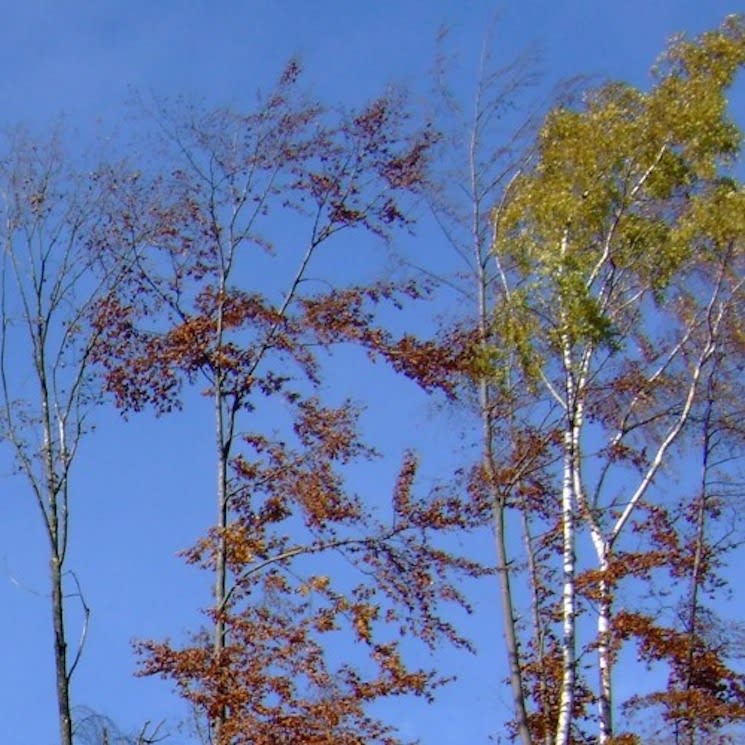On Pole's classic trilogy of albums (1, 2 and 3), Stefan Betke seemed absorbed wholly by the sonic qualities of his music, as the Germen musician flirted with ambient, glitch and dub at a time when electronic music was overly concerned with huge, monochromatic beats. On Wald, his first album in eight years, Betke (aka Pole) has begun to show an interest in the emotional capabilities of his music.
Inspired by the long walks he would take through the forests of the Alps, Betke crafted a nine-song, three-part work based on nature's spatiality (Akt 1), raw sounds (Akt 2) and structures (Akt 3). Although much of Pole's music has been a steady continuum of his original vision, Wald comes off like a spiritual reset, as Betke utilizes many of his modes and moods, from his early bass flirtations to his latter day dub musings, as responsive starting points.
Abandoning the guest vocals (and ill-fated guest rapping) featured on his previous works, while promoting the substantial use of his Waldorf 4-Pole filter, pieces like "Salamander," "Myzel" and the live tracks "Moos" and "Fichte" don't sound like classic Pole as much as they feel like classic Pole.
(Pole Music)Inspired by the long walks he would take through the forests of the Alps, Betke crafted a nine-song, three-part work based on nature's spatiality (Akt 1), raw sounds (Akt 2) and structures (Akt 3). Although much of Pole's music has been a steady continuum of his original vision, Wald comes off like a spiritual reset, as Betke utilizes many of his modes and moods, from his early bass flirtations to his latter day dub musings, as responsive starting points.
Abandoning the guest vocals (and ill-fated guest rapping) featured on his previous works, while promoting the substantial use of his Waldorf 4-Pole filter, pieces like "Salamander," "Myzel" and the live tracks "Moos" and "Fichte" don't sound like classic Pole as much as they feel like classic Pole.
